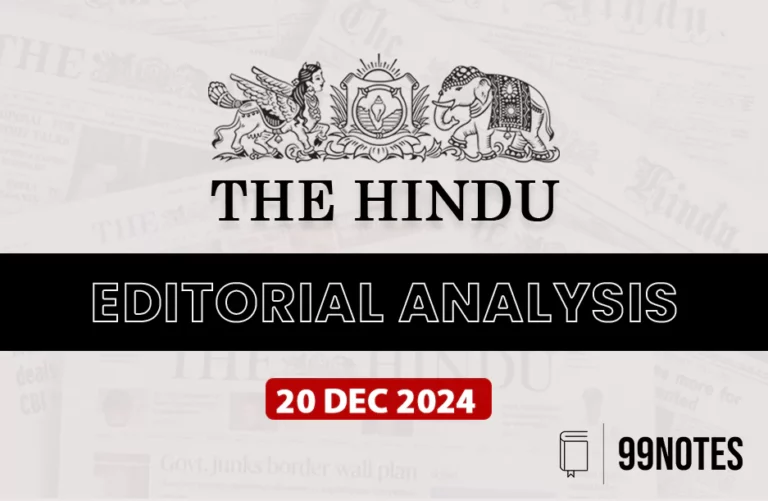06 June 2025 : Indian Express Editorial Analysis
1. Reimagining the Classroom
(Source: Editorial Page, The Indian Express)
| Topic: GS2: Education; GS1: Indian Society (Language and Culture) |
| Context |
|
Importance of Mother Tongue:
-
NEP 2020 and NCERT reforms endorse mother tongue education for better cognitive development in early learners.
-
Research shows children learn concepts better in their first language.
Challenges in Implementation:
-
Teachers are trained primarily in English or Hindi, not in regional languages.
-
In multilingual classrooms, especially urban areas, enforcing one mother tongue is impractical.
Call for Inclusive Dialogue:
-
Implementation should be gradual, flexible, and adapted to local contexts.
-
Stakeholders—including teachers, parents, and communities—must be part of the process to ensure effectiveness.
Way Forward:
-
Train teachers in regional language pedagogy and provide curriculum support.
-
Promote multilingual classrooms while ensuring freedom of choice for learners and schools.
| Practice Question:
“Critically examine the challenges and opportunities in implementing mother tongue-based education under NEP 2020 in India. (GS-2, 15 marks, 250 words) |
Also Read: The Hindu Editorial Analysis- 06 June 2025
2. More Than States
(Source: Editorial Page, The Indian Express)
| Topic: GS1: Indian Society (Census); GS2: Governance and Federalism |
| Context |
|
Background:
- India’s tiger population rose to 3,682 in 2023, but states like Odisha, Jharkhand, Chhattisgarh, and parts of Telangana show declining tiger numbers. A recent NTCA-WII report attributes this to depleted prey species like sambhar and wild boar due to poaching and poverty-driven bushmeat consumption.
Impact of Census Delay:
-
India’s last census was in 2011; the 2021 edition was postponed due to COVID and has not resumed since.
-
Welfare planning, urbanisation policy, and electoral delimitation suffer from outdated demographic data.
State Demands for Autonomy:
-
States like Tamil Nadu, Bihar, and Andhra Pradesh are demanding decentralised population surveys.
-
The editorial argues this reflects a need to rethink Centre–State power-sharing in data collection.
Governance and Data Gaps:
-
Without updated data, economic planning, welfare targeting, and job schemes are misaligned.
-
The Census delay has hindered critical planning for housing, education, and healthcare in growing urban centres.
Way Forward:
-
The Centre should involve states in population enumeration using shared platforms.
-
A decentralised, real-time demographic data system could complement the formal Census process and enhance cooperative federalism.
| Practice Question: Should India decentralise its population data collection by empowering states? Analyse in the context of governance and federalism. (GS2, 15 marks, 250 words) |
Read more – 05 June 2025 : Indian Express Editorial Analysis

